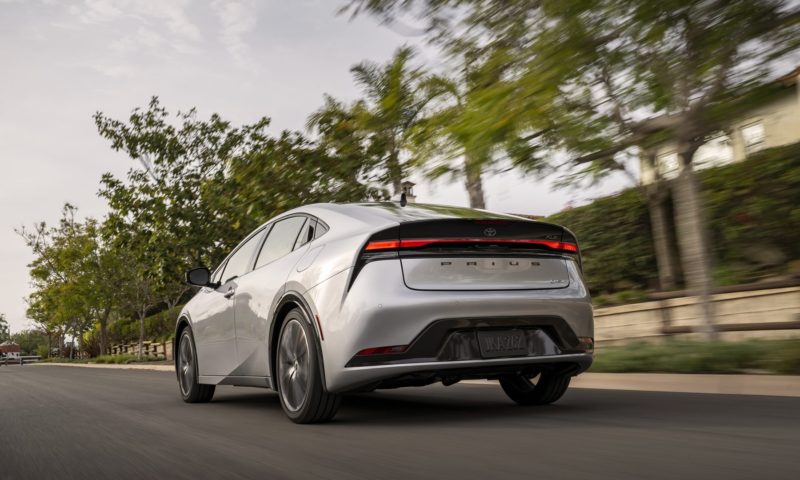With gas prices surging and broadening efforts to reduce carbon emissions, you may be eyeing car models that promise to reduce or even eliminate your reliance on gas. However, depending on your lifestyle, location, finances, driving habits, and other factors, you may not be ready to go fully electric just yet. The good news? A hybrid is a transitional vehicle to put you on the path to more sustainable driving now.
Hybrid vehicles, which combine smaller gas engines with battery-powered electric motors, make it possible for anyone to contribute to the fight against carbon emissions and reduce their gas expenses. In fact, today’s hybrids achieve 20 to 35 percent better fuel economy than conventional internal combustion engines, according to Green America. In the short term, hybrids are a cost-effective option compared with most all-electric vehicles currently on the market. While a battery-powered electric vehicle will save even further on fuel costs down the line, the average transaction price for one of these rides is above $60,000.
A hybrid is also a key alternative to electrics for drivers who live where the current electric vehicle infrastructure doesn’t support everyday use, or for those who can’t charge a vehicle at home. With greater fuel economy than a traditional internal combustion engine, and requiring no lifestyle overhaul to operate, hybrids are one way to reduce carbon emissions today.
Given these varied benefits, and the rising number of available vehicles with a hybrid powertrain, it’s no surprise that annual hybrid sales in the United States have more than doubled since 2019. Prices are leveling, and budget-conscious buyers can find options under $30,000, including the Toyota Corolla Hybrid and the all-new Prius. Boasting all the latest safety and multi-media features, along with sleek exterior design, you won’t have to compromise on style or performance in the quest for efficiency.
Source: StatePoint Media
